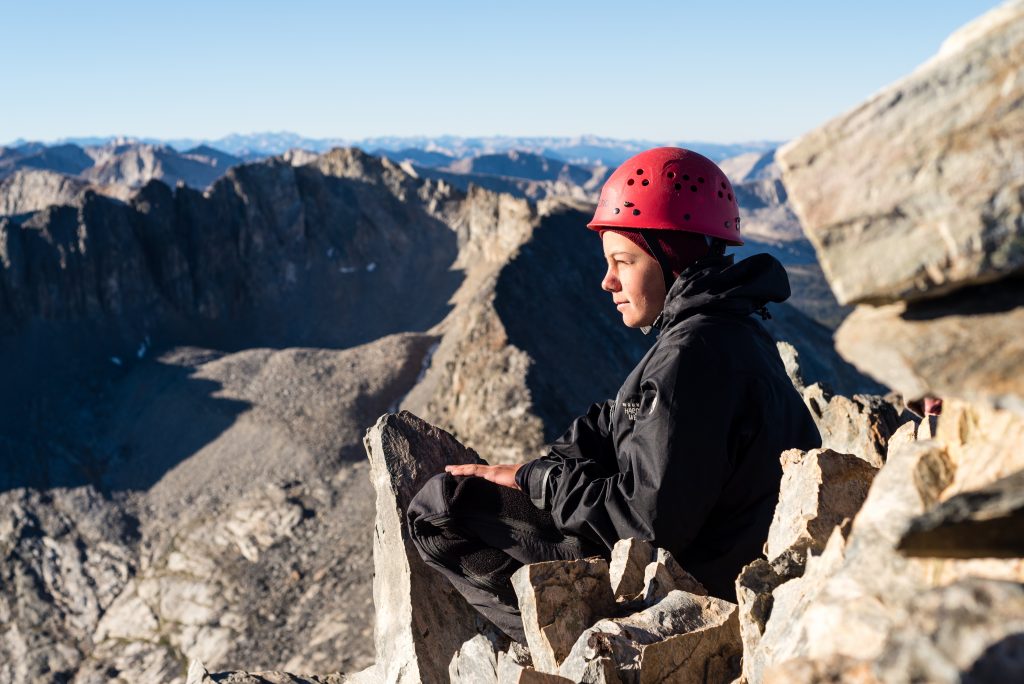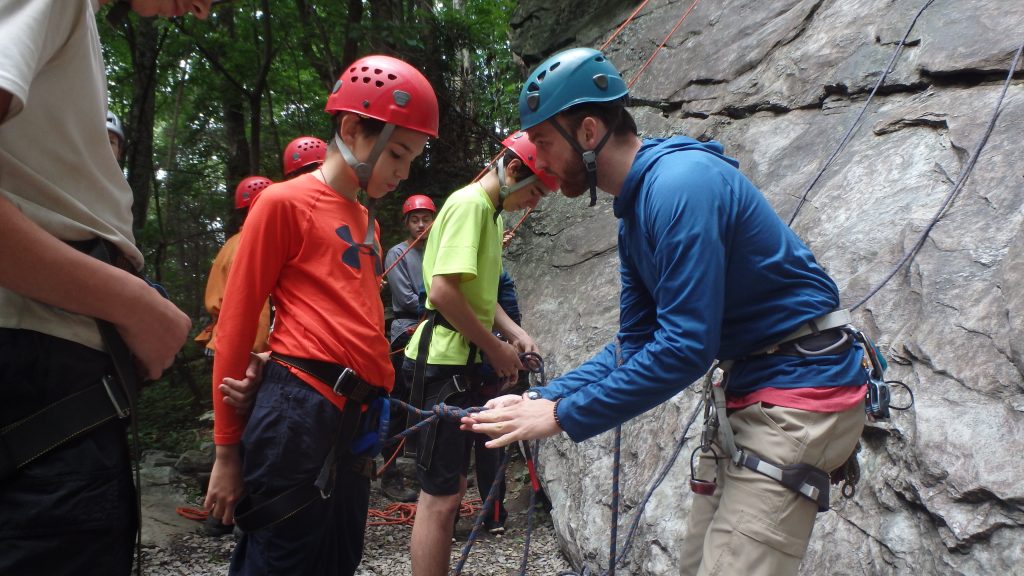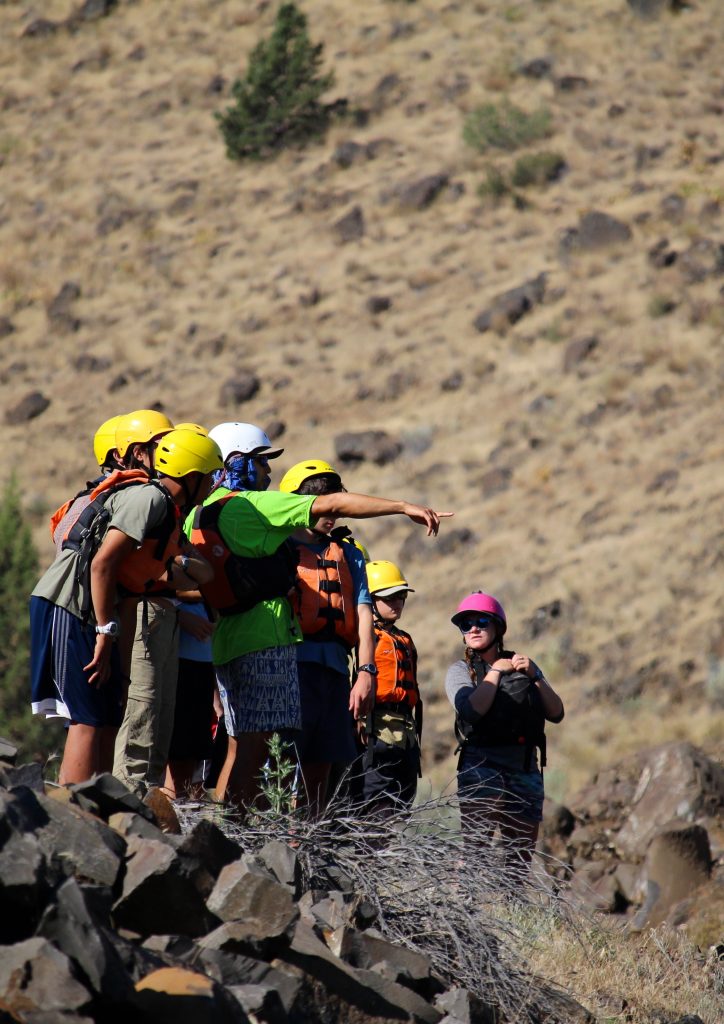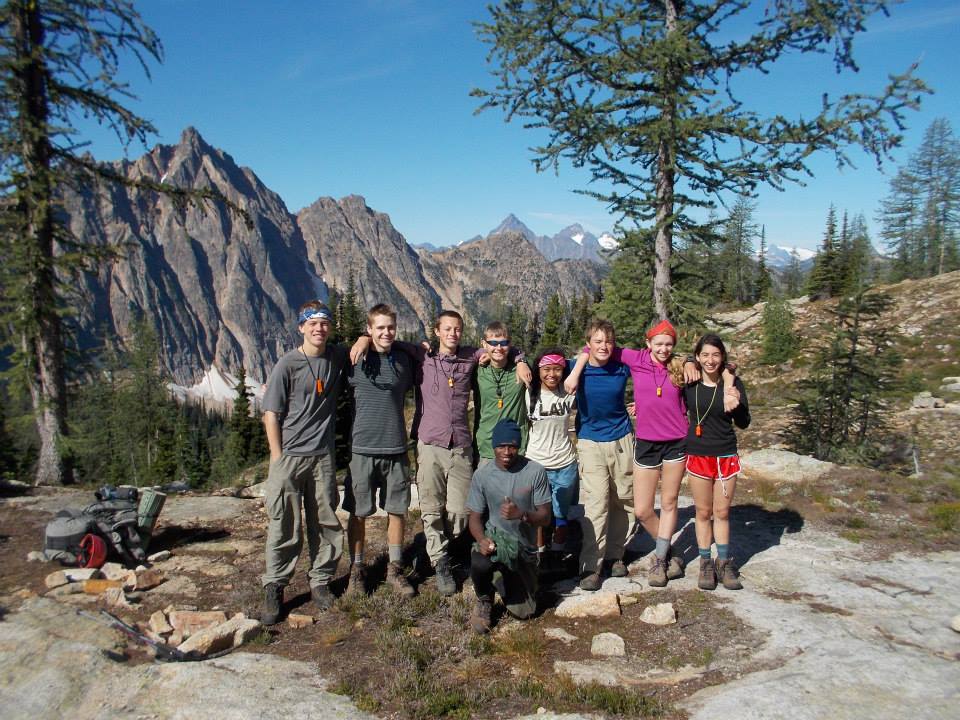A stranger cuts you off in traffic and drives slowly in front of you. You slam on your brakes and honk your horn. You say out loud to yourself, “Wow, now you’re one car-length ahead of where you would have been. Good for you, jerk.” You’re bothered for the rest of your drive.
Now imagine the same scenario, but this time you know the person. It’s a new driver who’s 16 years old. They’ve never done their own laundry and now they’re trying their hand at the interstate. They cut you off and drive slowly in front of you. You hit your brakes, take a breath and think to yourself, “Aw, they’re okay. They’re practicing. I hope they figure it out.” You give a little wave over your steering wheel and tune back into your podcast.
That’s patience. That’s compassion. That’s hope. That’s unconditional positive regard.

Photo by Rikki Dunn
What’s Unconditional Positive Regard?
According to an article in Psychology Today, the concept means, “valuing the person as doing their best to move forward in their lives constructively and respecting the person’s right to self-determination no matter what they choose to do.”
It’s not unconditional love, like a parent might have for their child. It’s unconditional love at an arm’s length. It’s to maintain hope for a person and provide support no matter their circumstance. It’s to not take someone’s actions or behaviors personally.
Unconditional positive regard is a concept used in therapy, often to describe the way a therapist feels toward their patient. I’m not a therapist, but as an Outward Bound Instructor, I consider this concept daily as it pertains to how I feel toward my students on a course.
In other words that means, “meeting someone where they’re at.” For example, I may have a young person on an Intercept course who’s practicing unhealthy coping skills in their home life. Maybe their parents encouraged them to attend a course. The student may not see their behavior as something they need to change, or they may already be working on changing it. Alternatively, they may have already done the work to change their behavior and are maintaining their newfound, healthy coping skills. Or they have already done the work to change their behavior and have relapsed. No matter their current circumstance as it relates to their coping tools, I can respect, and acknowledge, that they are where they are and I don’t need to pass judgment.

How does this factor into a course?
Early on in my career, I instructed an Intercept course for a group of boys, ages 12-17, who were struggling with behavior issues at home and at school. A common theme among this group was a lack of positive relationships with women. I, the only female on the course, found myself the subject of verbal ridicule and lots of questioning.
“You have a mustache.”
“You have man arms.”
“Does your boyfriend like your man arms?”
“Do you have a boyfriend?”
My body seemed to provide a lot of entertainment. I knew that my presence alone was teaching these boys something. But I wanted to provide more than presence. I wanted to provide unconditional positive regard, whether they liked me or not. I didn’t let their comments change my thinking or behavior toward them. They could poke at me all they wanted. I was there to be calm, steady and supportive.
My goal is to give students the knowledge and experience that a person can be patient with them and help them unconditionally. And I feel honored to be that person for someone. How a student chooses to behave and their self-awareness of that behavior has nothing to do with me as their Instructor. I can facilitate a course that fosters empowerment, connection and fun, and provide unconditional positive regard, or emotional support. I drop my ego so that I can observe my students from a neutral position with compassion and respect.

Photo by Alice Burgess
How can you develop it?
- Assume Best Intentions
Remember that driver that cut you off and then drove excruciatingly slowly? Now think back to your first time behind the wheel, where you probably made a few mistakes as a new driver. You were doing your best. That other driver probably is, too. Give them the benefit of the doubt.
2. Practice Patience
When I use unconditional positive regard to think about my students, I remember that their adolescent brains are still developing. They don’t have the ability yet to fully separate feelings from actions. They’re emotional and impulsive because the wiring in their brains isn’t fully fused together yet. And that’s okay.
3. Accept People for Where They Are in That Moment
That’s their ‘now’ and that’s okay. That person will change immeasurably over time. So try to accept their now, don’t judge it.
Just knowing the terminology is the first step in developing it. It’s been beneficial for me to see the people around me through the lens of unconditional positive regard, both as an Instructor on an Outward Bound course, and as a person existing in the world. That lens isn’t exactly rose-colored, but it’s better because it’s real. It’s a reminder to search for what’s good in people and then keep finding it over and over again.

About the Author
Elizabeth Bowling is a field Instructor for the North Carolina Outward Bound School. She is based at the Scottsmoor, Florida basecamp and primarily instructs flatwater canoeing courses for at-risk youth which focus on behavior management. Elizabeth has a degree in journalism and international studies from the University of Connecticut.
OTHER POSTS YOU MAY LIKE
Read More
Read More
Read More




